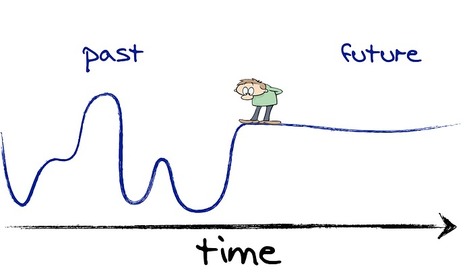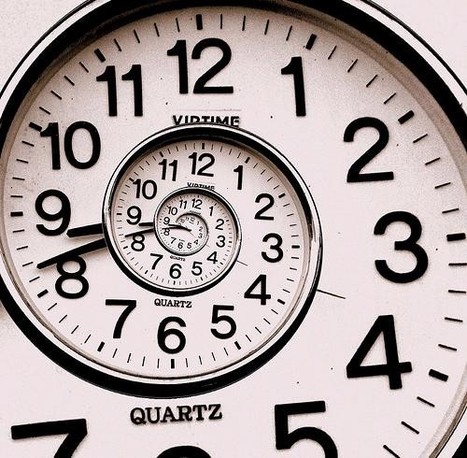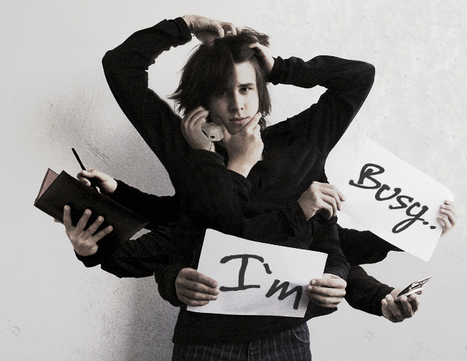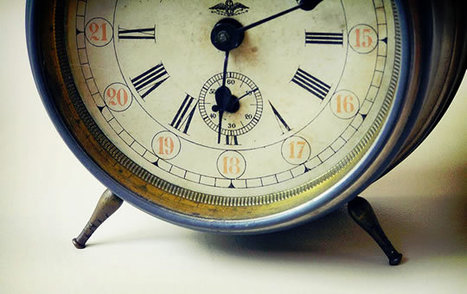Why do people so often make decisions that their future selves regret? One possibility is that people have a fundamental misconception about their future selves. Time is a powerful force that transforms people’s preferences, reshapes their values, and alters their personalities, and we suspect that people generally underestimate the magnitude of those changes. In other words, people may believe that who they are today is pretty much who they will be tomorrow, despite the fact that it isn’t who they were yesterday.
More: http://mindblog.dericbownds.net/2013/01/the-end-of-history-illusion.html



 Your new post is loading...
Your new post is loading...























